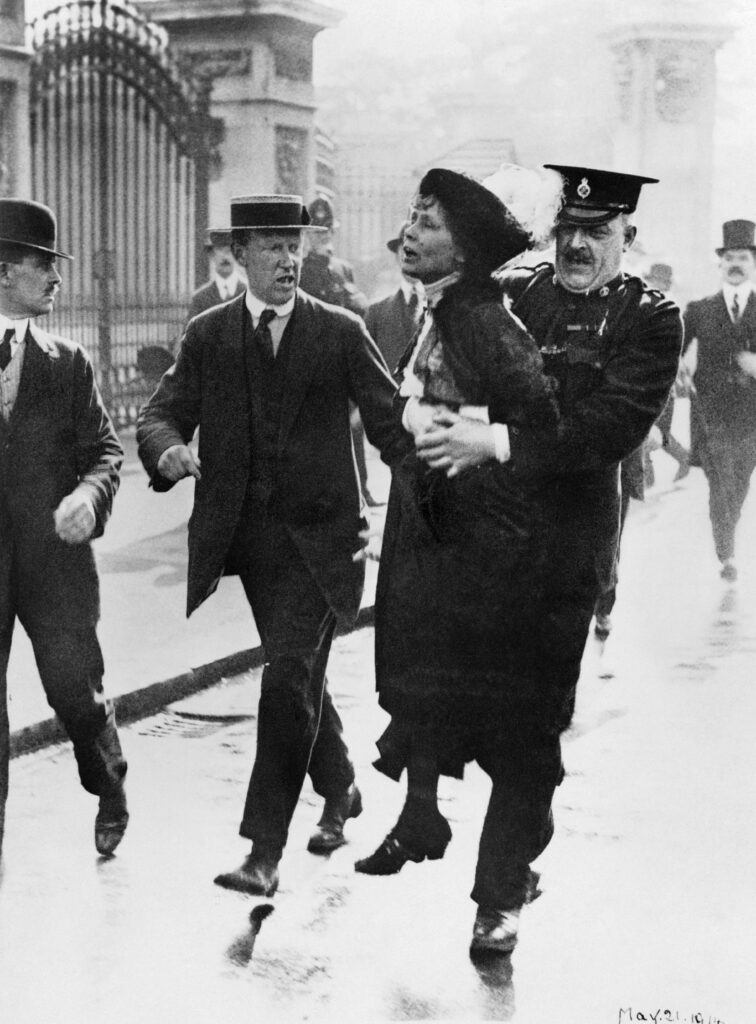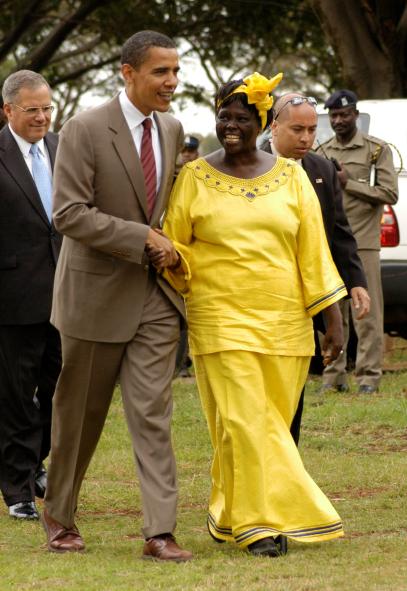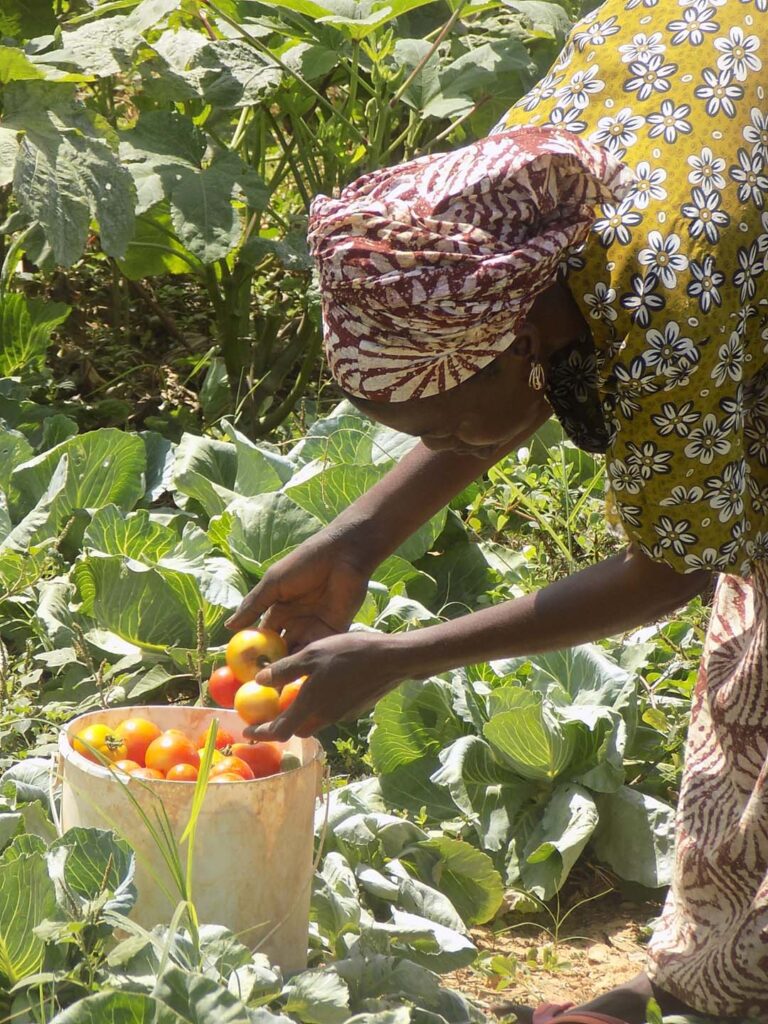“Votes for Women” was the battle cry of the suffragette movement during the last decades of the 19th Century and the first decades of the 20th Century. The most famous—and fearsome—leader of that movement in England was Emmeline Pankhuurst, born on this day in 1858. Mrs. Pankhurst was not an environmentalist, but her demands for equality for women provide an opportunity to talk about the same issue about the environment (want to read about a woman who was both a conservationist and a suffragette? read about Rosalie Edge here).

Although Pankhurst achieved her goal of gaining votes for women in 1918, (and the same occurred in the U.S. in 1920), we still struggle to accept women as full and equal participants in all aspects of modern life. Consider, for example, that despite my best efforts, men appear in these calendar listings much more frequently than women. This is especially true in developing countries and distressingly true for matters affecting the environment and sustainable development.
We know that the best strategy for reducing population growth and expanding environmental consciousness is to educate girls and women. This was a fundamental goal of the Millennium Declaration, and occurs throughout the 17 Sustainable Development Goals. One goal (Goal 5) is devoted entirely to Gender Equality. Although progress is being made, women still hold only 25% of parliamentary seats and 27% of managerial positions worldwide. And the U.S. has yet to have a woman president.

Agenda 21 of the UN Conference on Environment and Development in 1992 (UNCED, or the Rio Conference) devoted an entire chapter (24) to “Global Action for Women Towards Sustainable and Equitable Development.” It specifically called on governments “to increase the proportion of women involved as decision makers, planners, managers, scientists and technical advisers in the design, development and implementation of policies and programmes for sustainable development.” It lists goals to eliminate female illiteracy, improve women’s reproductive health, establish women’s rights to own land, and many other specifics. Because environmental impacts (climate change, pollution, land-use changes) tend to harm women and children disproportionately, Agenda 21 considered gender equality an urgent imperative.
The Convention on Biological Diversity has taken a leadership role in developing an action plan for enhancing gender equality. The program acknowledges that women throughout the developing world have the closest relationship with the environment—gathering wood and water, tending subsistence farms, and managing households. These roles make their knowledge and participation essential to better place-based decisions about sustainability.

The IUCN has developed an “Environment and Gender Information” project that examines the gender equality of environmental programs around the world. The EGI uses keyword analysis to examine how programs incorporate gender in their published documents. The results vary, of course, but in general about 1 in 3 recognize the importance of gender-specific ideas and actions.
Today there are many websites dedicated to telling the stories of women involved in conservation and the environment. Too many, fortunately, for me to list, but you all know how to search the Internet better than I do–so do it!
If we wish for our world to be sustainable, then we should add a few more slogans to Mrs. Pankhurst’s “Votes for Women.” Let our signs today say, “Education for Women,” “Decisions by Women,” and “Leadership by Women!”
References:
Convention on Biological Diversity. 2015-2020 Gender Plan of Action. Available at: https://www.cbd.int/gender/action-plan/. Accessed March 26, 2020
Global Development Research Center. Agenda 21, Chapter 24. Available at: http://www.gdrc.org/ngo/agenda21/ch-24.html. Accessed March 26, 2020
IUCN. Environment and Gender Information platform. Available at: https://genderandenvironment.org/egi/. Accessed March 26, 2020.
Purvis, June. Pankhurst (nee Goulden), Emmeline. Oxford Dictionary of National Biography. Available at: https://www.oxforddnb.com/view/10.1093/ref:odnb/9780198614128.001.0001/odnb-9780198614128-e-35376. Accessed March 26, 2020
UN Women. Progress on the Sustainable Development Goals, The Gender Snapshot 2019. Available at: https://www.unwomen.org/-/media/headquarters/attachments/sections/library/publications/2019/progress-on-the-sdgs-the-gender-snapshot-2019-two-page-spreads-en.pdf?la=en&vs=5814. Accessed March 26, 2020
